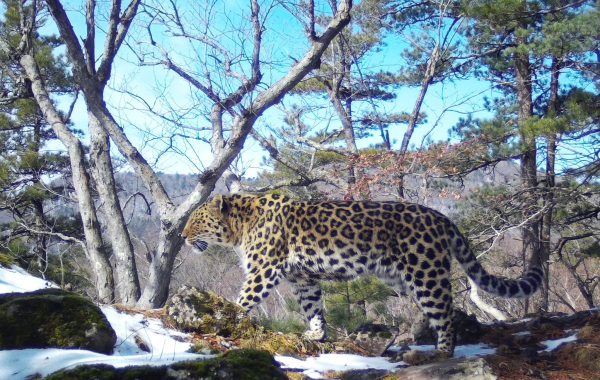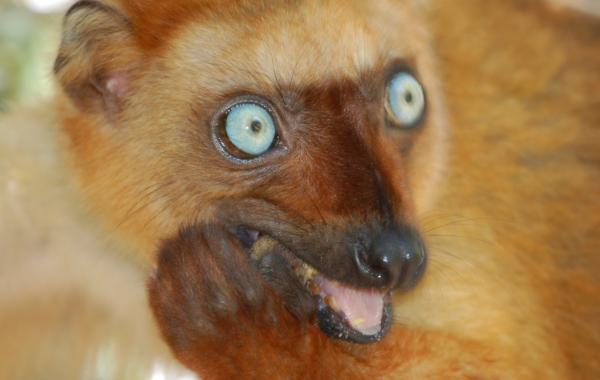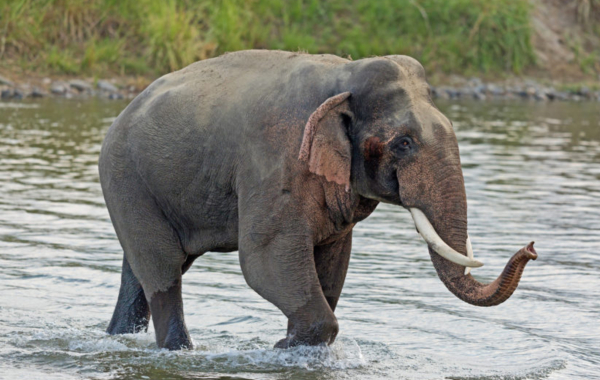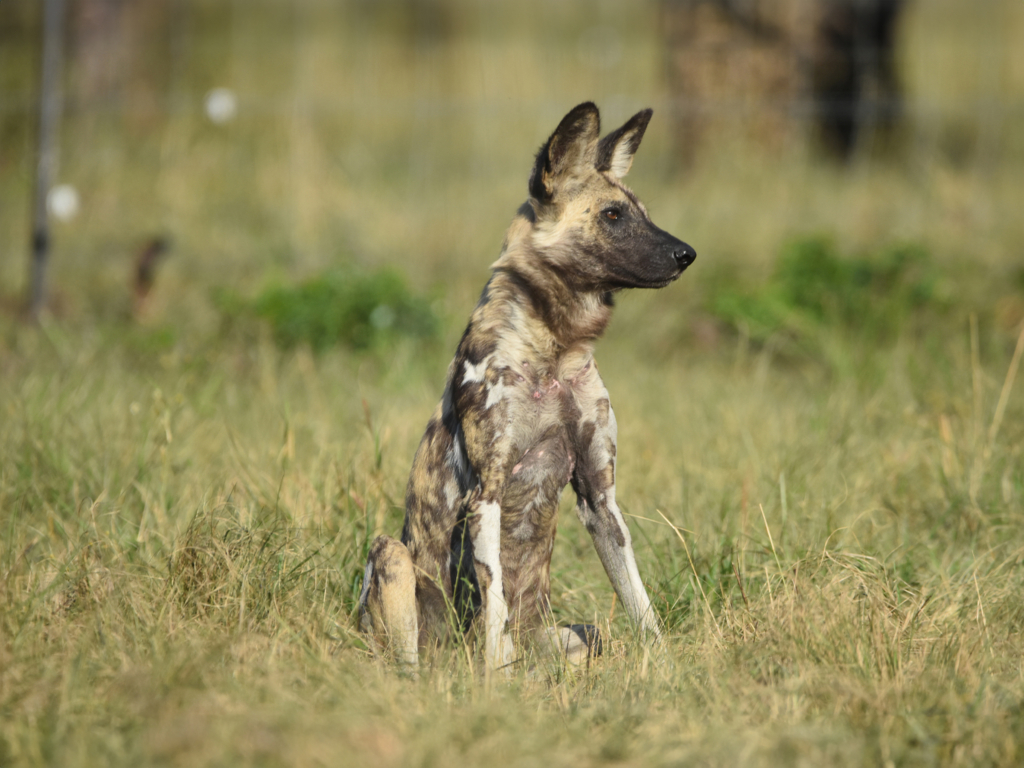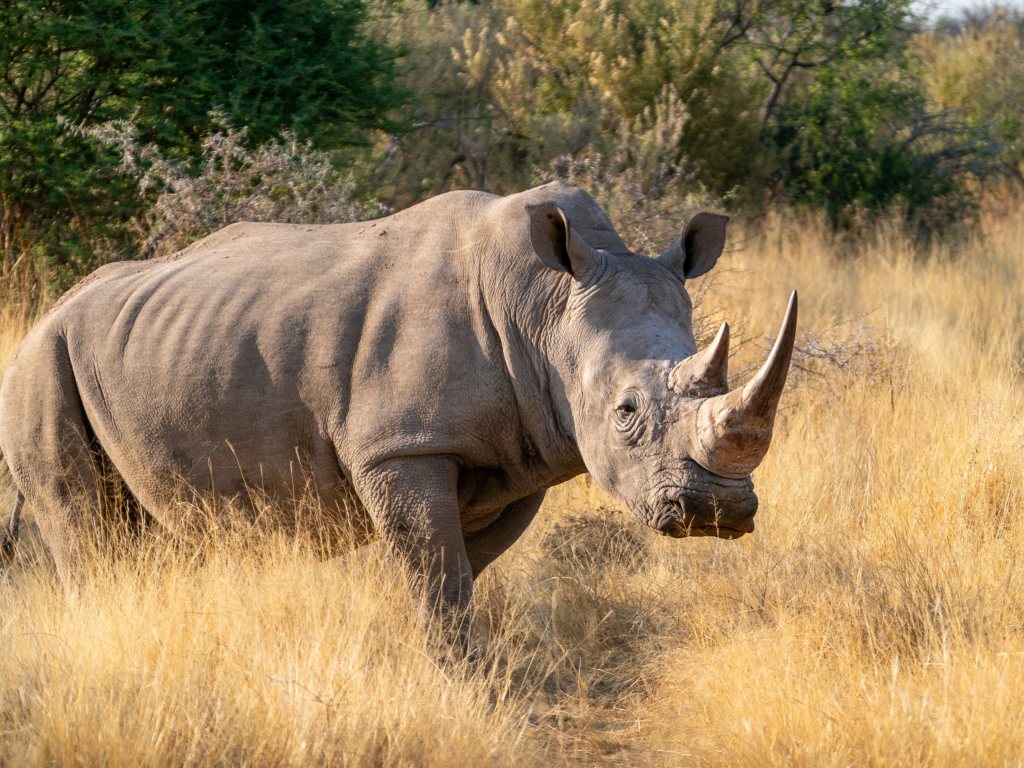
Supporting since 2005
Location
Hluhluwe-iMfolozi Park in South Africa
Support started
2005
Species
Black and White Rhinos
Mission
To uphold the security of the Hluhluwe-iMfolozi Park’s rhino populations by increasing the effectiveness of anti-poaching and monitoring activities, in order to ensure the continued and increased competence of field rangers in the reserve.
Donations:
To support rhino protection and conservation operations by funding vital repairs and equipment for law enforcement operations; providing essential support in the fight back against the rhino poaching surge.
2025:
Pending application.
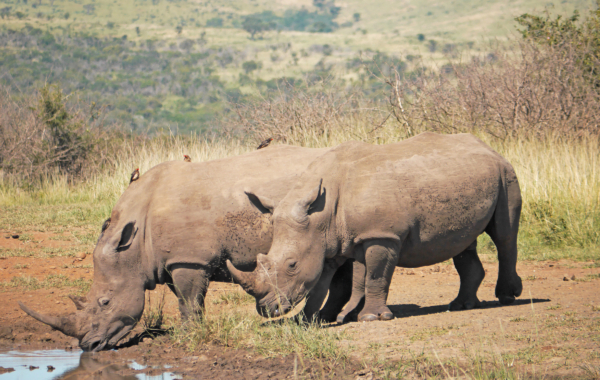
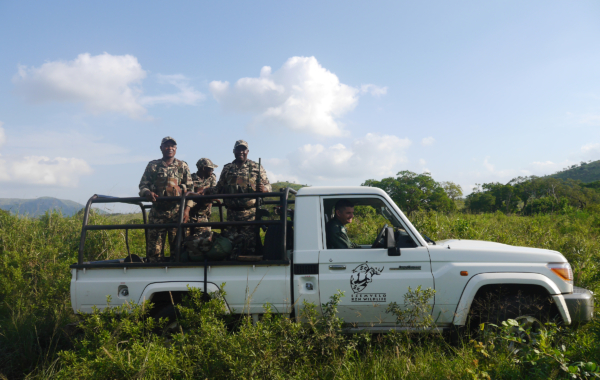
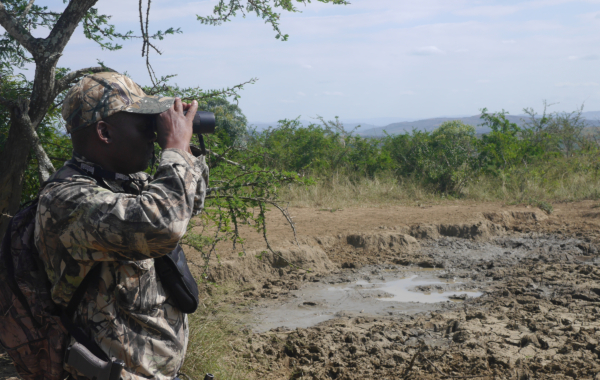
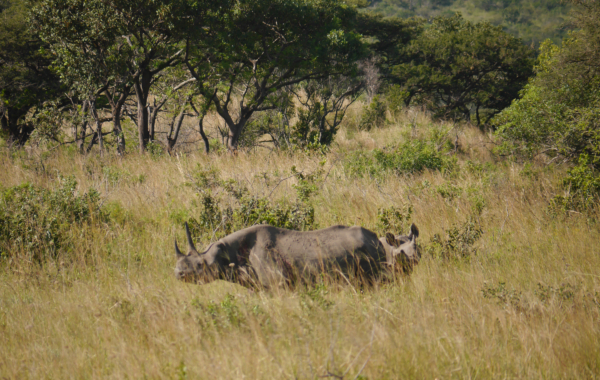
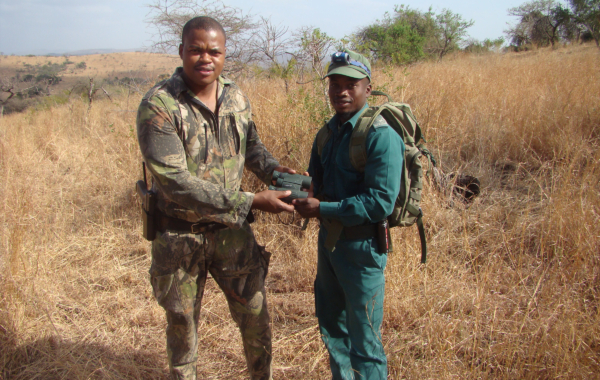
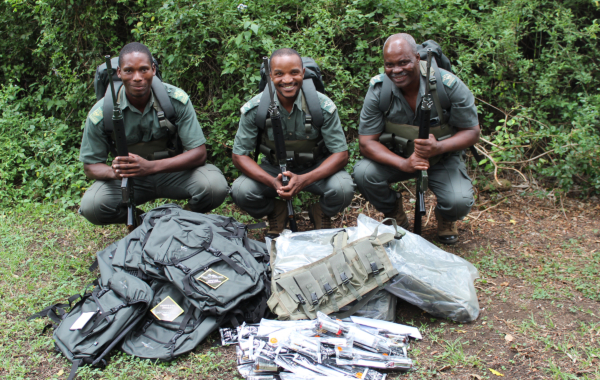
Background
Hluhluwe-iMfolozi Park (HiP) in South Africa is synonymous with rhino conservation and, despite the incredible dedication of all those involved in the protection of the park’s rhinos, many rhinos have been killed on HiP since the start of the rhino poaching crisis in 2008.
Park rangers are on the frontline in their role to ensure the integrity of conservation areas and the safety of rhinos within these landscapes. Law enforcement staff are constantly working to stop poaching gangs and the K9 unit are involved in reactions and deployments, following the tracks of suspects and even assisting in arrests.
In order for staff to perform successfully and efficiently, it is imperative that they are well equipped to perform any task that may be required. Over the years, donations have been put towards field equipment required by the field rangers to continue to protect and monitor the rhinos of the park. As poachers are highly organised, using sophisticated communication equipment, it is imperative that anti-poaching patrols are sufficiently equipped and capable of counteracting poaching efforts.
Achievements and Objectives
The success of rhino conservation in Hluhluwe-iMfolozi Park is largely due to effective patrolling, which is carried out by field rangers based at picket camps throughout the reserve, supported by a more specialised anti-poaching unit.
Funds are always required to meet emergency needs for repairs and replacement of ranger equipment and vehicle parts. Funding for emergency repairs or replacement will enable the team to respond quickly when vital equipment becomes damaged. This can include unforeseen vehicle damage, repairs to boreholes, generators and water filters or replacement equipment like camera trap batteries, to ensure they can continue running.
The team continues to look into ways to step up rhino security due to the ever increasing threat of poaching, and arrest those responsible. Experience has shown that the best way to combat poaching is through direct anti-poaching work, coupled with sound neighbour relations and environmental education programmes.
The Minister for the South African Department of Forestry, Fisheries and Environment has announced that 420 rhinos were illegally killed in South Africa during 2024, and, of this total, 232 rhinos were lost to poaching in KwaZulu Natal.
Whilst these figures represent a decrease on the previous year, demonstrating that current conservation efforts are having a tangible impact, ongoing investment into park rangers is essential, as rangers are on the frontline in their role to ensure the integrity of conservation areas and the safety of rhinos within these landscapes.
In 2024, Colchester Zoological Society gave a contribution of £6,900 to purchase rifle safes for the safeguarding of field rangers’ rifles and to meet emergency repairs or replacement for patrol equipment for rangers.
This donation helps towards Hluluwe-iMfolozi National Park’s objectives to reduce annual poaching levels, by enabling increased patrol coverage, decreased reaction time and by improving ranger welfare while on duty.
The first quarter of 2024 saw rhino carcasses continue to be found following poaching incidents. Following a major dehorning operation in April, the next quarter saw a reduction in rhino poaching and overall, this decrease continued for the rest of the year. Unfortunately, there is still a market for dehorned rhino, so the teams remain ever vigilant to ensure continued protection of the reserve’s rhinos.
Field ranger training sessions continued in the Park in 2024, new uniform provision, ongoing efforts to maintain the field ranger camps and the purchase of new equipment, such as tents, and ration packs, all help build the ranger units’ capacity, helping to ensure individuals are more effective during deployments in the field.

